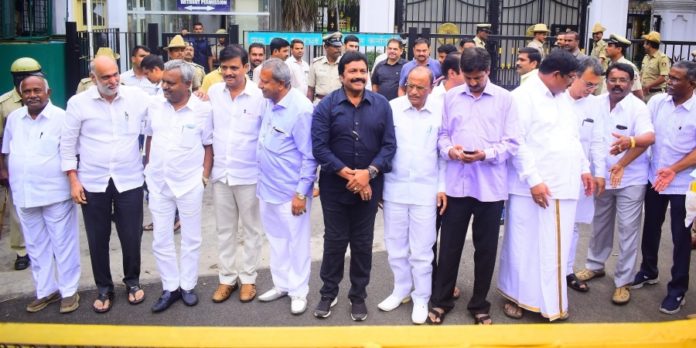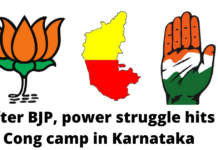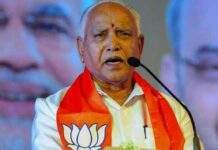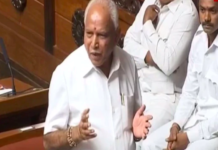As the number game of MLAs resigning or switching loyalties plays out in Bengaluru, it is increasingly becoming evident that Karnataka will head for snap polls. This is because the one-man government headed by HD Kumaraswamy has been reduced to a minority; the BJP is in no better position as it has just a couple of MLAs to prove its majority if Speaker K R Ramesh Kumar accepts the resignations of the 14 MLAs.
If the BJP manages to form a government, it will not be stable as any time the boat could be rocked by a few dissidents. This is a headache which BJP president Amit Shah would not like to invite at this stage. The BJP could as well go to the people and come back with a bigger majority, especially in the wake of the performance in the Lok Sabha polls.
The Lok Sabha polls had indicated that the BJP was ahead in as many as 117 Assembly (out of 224) segments across the state. The party would like to cash in on this wave and the one created by Narendra Modi in Delhi post polls.
In any case, the Election Commission will have to hold by-polls in as many as 18 seats in Karnataka very soon. It could as well hold elections across the state.
Moreover, the BJP would not like to go to the people with an image as an usurper of power by toppling the JD(S)-Congress alliance. State BJP president BS Yeddyurappa’s ‘Operation Kamala’ – a relentless drive to form a government by defections and resignations – is well known and has not only brought disrepute to the party but is also being slammed as a shame on the Indian Constitution.
Moreover, the BJP state unit cannot invite or accommodate outsiders – Congress and JD(S) MLAs who have resigned – to grab power. That could trigger a major quake within the BJP.
What needs flagging here is that of the 13 Congress-JD(S) legislators who recently resigned, at least six of them have a deep history of BJP-baiting and were involved in pitched political battles with top leaders in the saffron party. Some of these politically bloody battles were on ideological grounds, others due to bitter personal rivalries.
Hence inviting them to be part of the BJP government, if it is formed, would be disastrous. Take for example the battle for Karnataka’s financially rich heartland of Bengaluru. Seven-time BTM Layout legislator and now Congress rebel R Ramalinga Reddy is known to control or influence huge swaths of political and financial turfs on the IT capital city. But he will become a big threat to the dominance of BJP’s top Bengaluru leaders like former Home Minister R Ashoka and V Somanna who are also equally influential.
And most of the MLAs who have put in their papers belong to Bengaluru constituencies. These MLAs have huge business and political interests to protect. If they are accommodated, it would obviously hurt a lot of local BJP leaders in Bengaluru, considering the cadre has fought tooth and nail with the Congress in the city.
The scene is no different across Karnataka too. For example, Congress rebel warlord Ramesh Jarkiholi of North Karnataka has bitter detractors in the BJP.
Meanwhile, back in Bengaluru, it will be a sort of déjà vu in the state Assembly if Kumaraswamy would be forced to step down. BJP’s Yeddyurappa went through a very similar situation in May 2018.
Though Kumaraswamy has not reached that stage, it looks like it is only matter of time. He may either resign or opt for a trust vote. In all probability, he would seek a trust vote, make an emotional, tear-jerker speech and go down fighting. After all he has a lesson he would have learnt from his bitter rival – Yeddyruappa.
This is exactly what happened in 2018 episode. The BJP government headed by Yeddyurappa was struggling for numbers to gain majority in the assembly ahead of a scheduled trust vote. With defeat imminent, Yeddyurappa finally announced his decision to quit on the floor of the House after a tear-jerker speech.
History, they say, repeats itself, but in Karnataka, history seems to be in a hurry.






















































